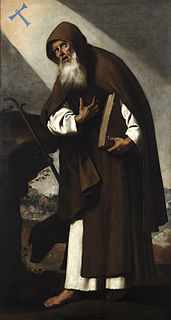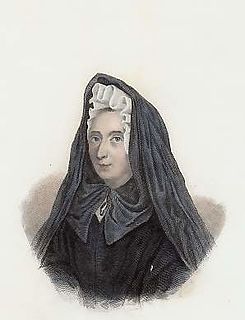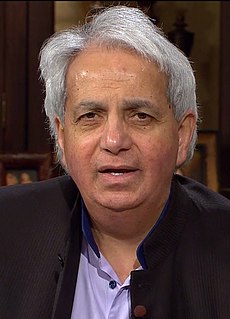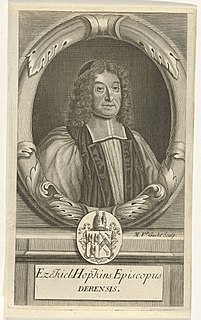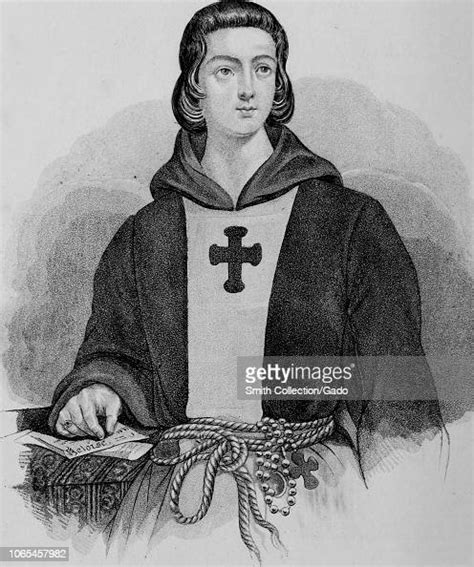A Quote by William Ames
The efficiency of God may be understood as either creation or providence.
Quote Topics
Related Quotes
God's Providence controls the universe. It is present everywhere. Providence is the sovereign Logos of God, imprinting form on the unformed materiality of the world, making and fashioning all things. Matter could not have acquired an articulated structure were it not for the directing power of the Logos Who is the Image, Intellect, Wisdom, and Providence of God.
All fundamentalist theologians make the ordinances of creation an essential part of creation and absolutize them. Women belong at home, fulfil their life through motherhood, by caring for their husbands and serving them. The fixed role pattern of one particular economic and family order is transformed into an order willed by God and given by creation. With a methodologically similar logic, slaves were understood as those elected by God to serve the whites.
The mystery of God's providence is a most sublime consideration. It is easy to let our reason run away with itself. It is at a loss when it attempts to search into the eternal decrees of election or the entangled mazes and labyrinths in which the divine providence walks. This knowledge is too wonderful for us. Man can be very confident that God exercises the most accurate providence over him and his affairs. Nothing comes to pass without our heavenly Father. No evil comes to pass without his permissive providence, and no good without his ordaining providence to his own ends.
Such a man the times have demanded, and such, in the providence of God was given us. But he is gone. Let us strive to deserve, as far as mortals may, the continued care of Divine Providence, trusting that, in future national emergencies, He will not fail to provide us the instruments of safety and security.
The whole story of creation, incarnation, and our incorporation into the fellowship of Christ's body tells us that God desires us, as if we were God, as if we were that unconditional response to God's giving that God's self makes in the life of the Trinity. We are created so that we may be caught up in this, so that we may grow into the wholehearted love of God by learning that God loves us as God loves God.
That there is one God, who made all things. That he governs the world by his providence. That he might be worshipped by adoration, prayer, and thanksgiving. But that the most acceptable service of God is doing good to Man. That the Soul is immortal. And that God will certainly reward virtue and punish vice, either here or hereafter.
This word "description" may be disconcerting when used to refer to what is generally called a translation. But when one wishes to render a verbal creation (as opposed to a didactic statement) from one language to another, he is confronted with two equally unsatisfactory choices. He may, according to his talents, elaborate a similar, but never identical creation, or he may describe that creation as completely as possible in his own language.


